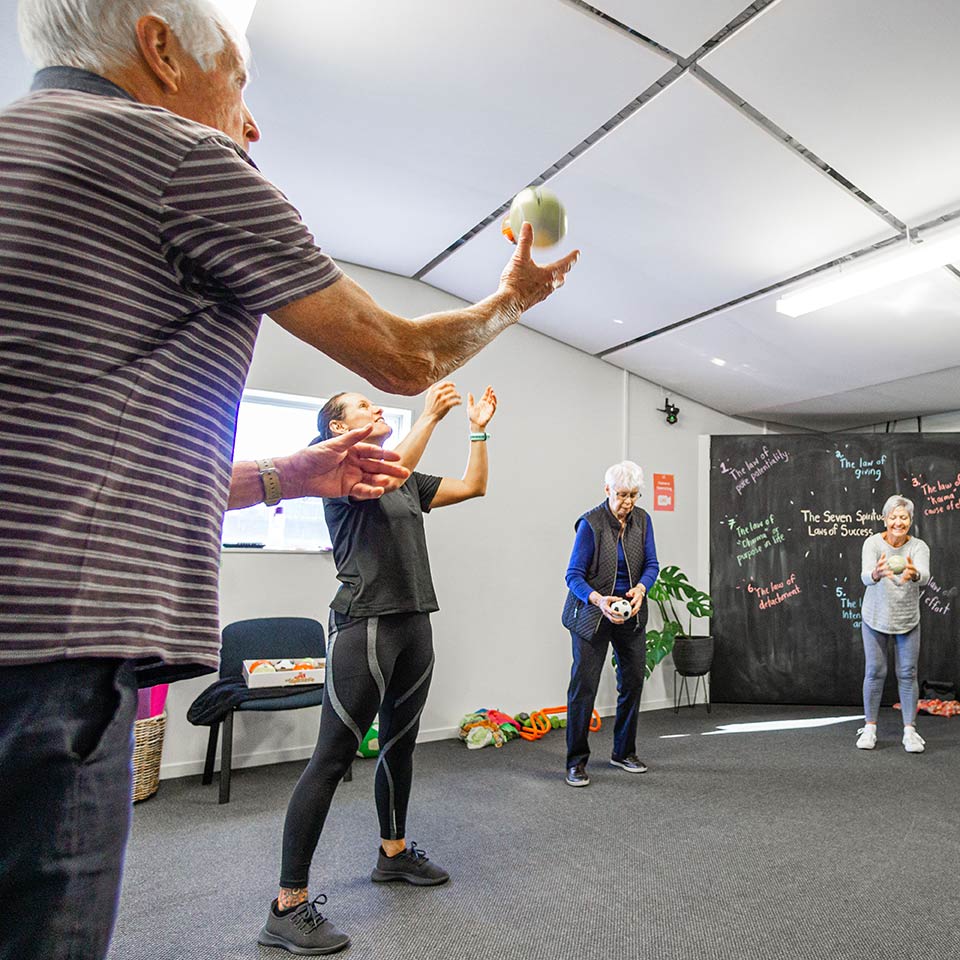Living with Parkinson’s disease presents unique challenges, but emerging research underscores the transformative impact of exercise on managing its symptoms. Beyond the physical benefits, regular physical activity has been proven to enhance overall well-being and quality of life for individuals grappling with Parkinson’s.
Exercise serves as a powerful ally in the battle against Parkinson’s, offering a range of benefits that extend far beyond the confines of a gym. One of the primary advantages is the positive impact on motor function. Rigorous workouts, including aerobic exercises, strength training, and flexibility routines, have been shown to improve balance, coordination, and overall mobility—common challenges for those with Parkinson’s.
Exercise has been linked to a reduction in the severity of non-motor symptoms, such as depression and anxiety, which often accompany Parkinson’s disease. The release of endorphins during physical activity acts as a natural mood booster, contributing to a more positive mental state.
Engaging in regular exercise may slow down the progression of Parkinson’s by promoting the release of neuroprotective factors. Studies suggest that physical activity stimulates the production of brain-derived neurotrophic factor (BDNF), a protein associated with the growth and survival of neurons. This neuroprotective effect is crucial for individuals with Parkinson’s, as it may help preserve brain function and delay the onset of more severe symptoms.
The significance of exercise in managing Parkinson’s disease cannot be overstated. By embracing a consistent and tailored exercise routine, individuals with Parkinson’s can empower themselves to take an active role in improving their physical and mental well-being, ultimately enhancing their overall quality of life.
I work 1-on-1 with clients with Parkinson’s Disease and currently have 4 x group classes a week for people with Parkinson’s. Please get in touch to discuss which option could work best for you.


0 Comments